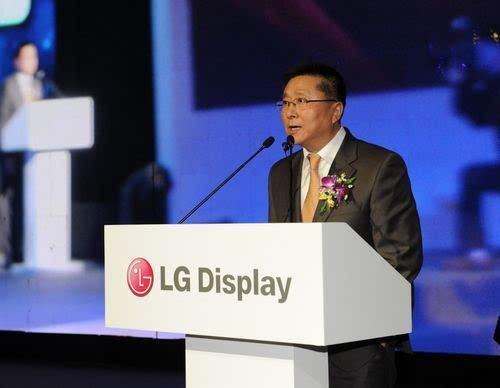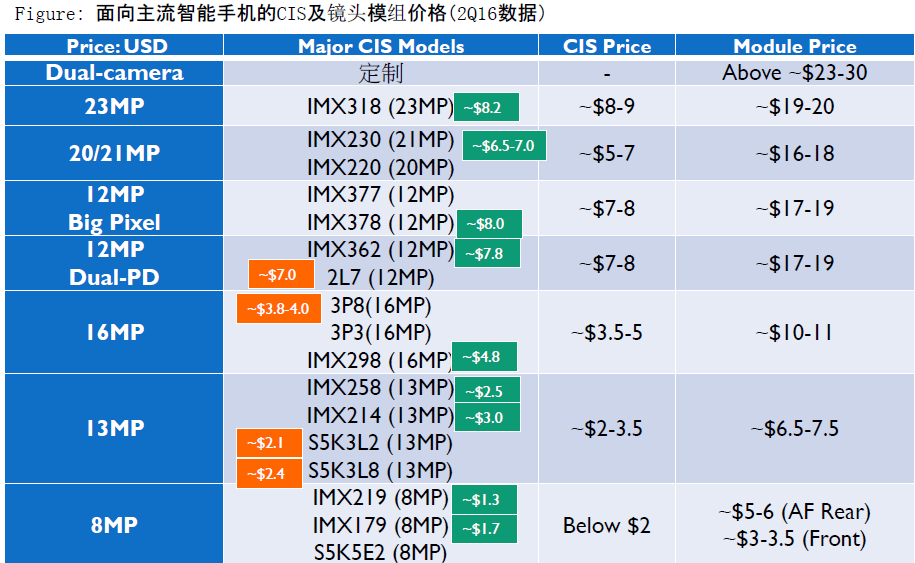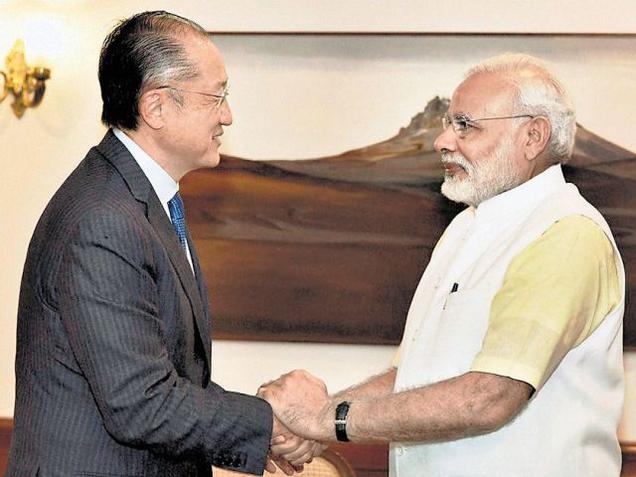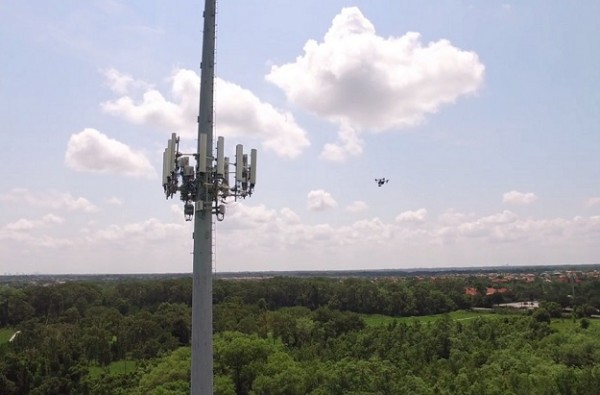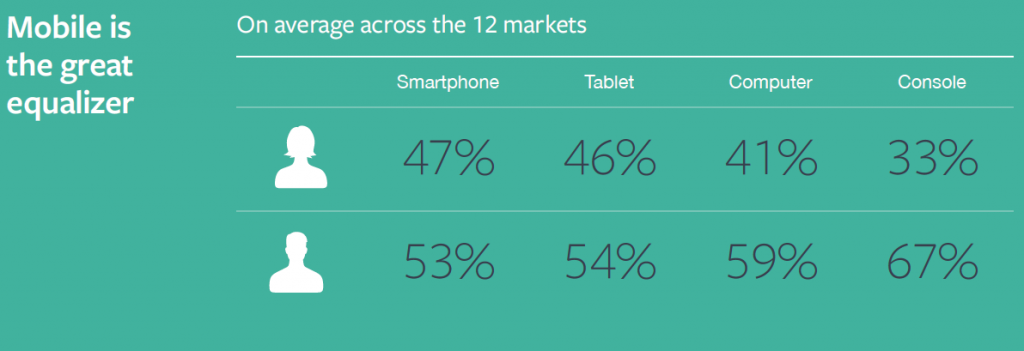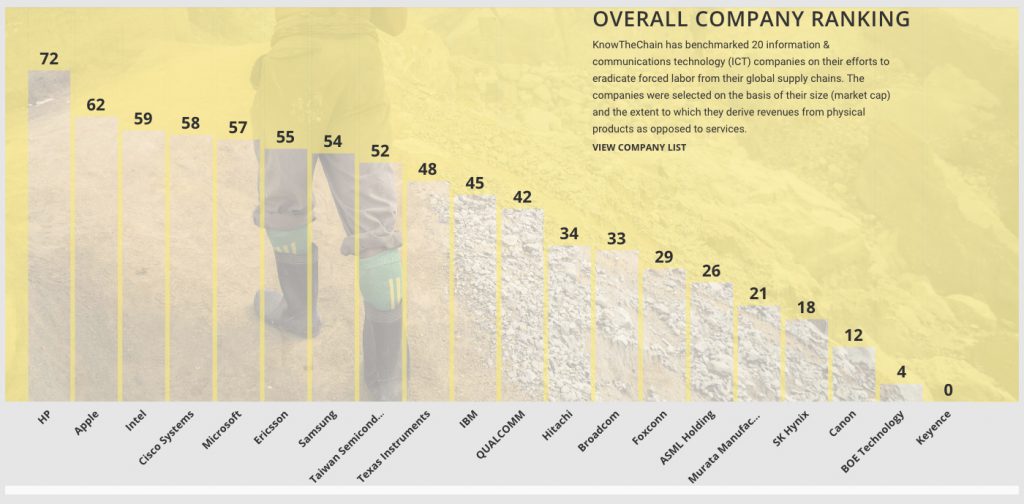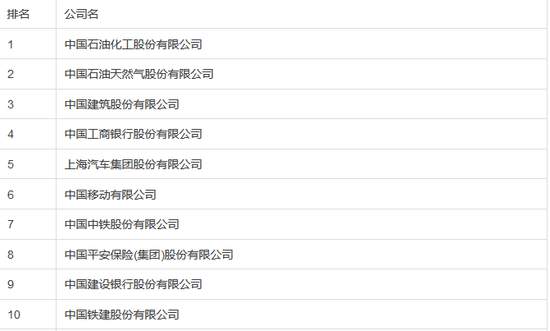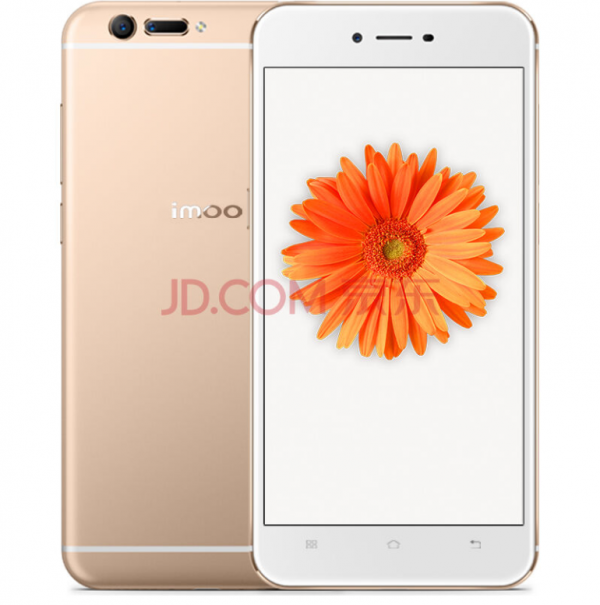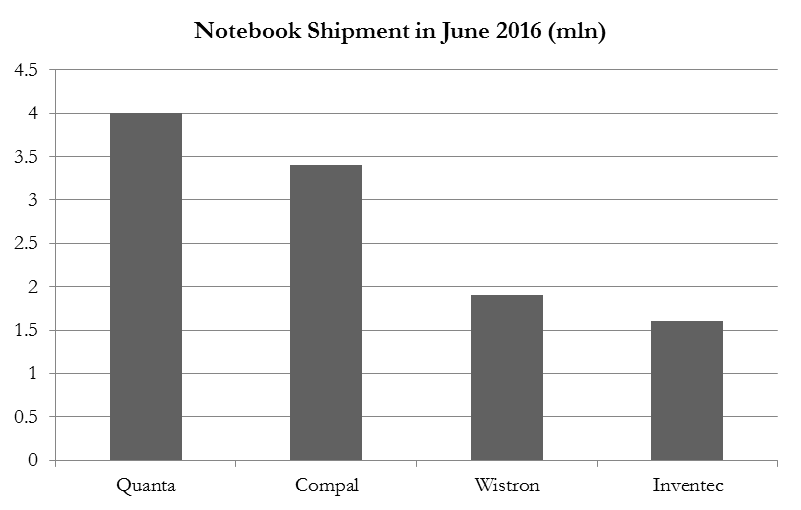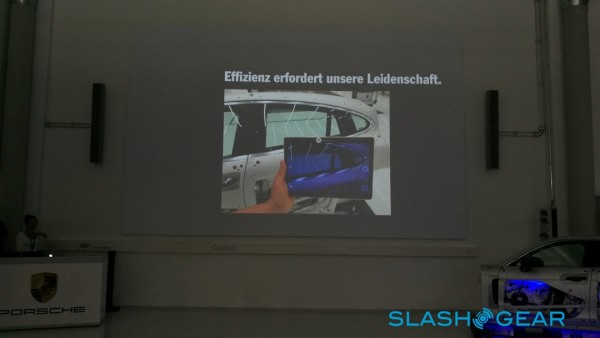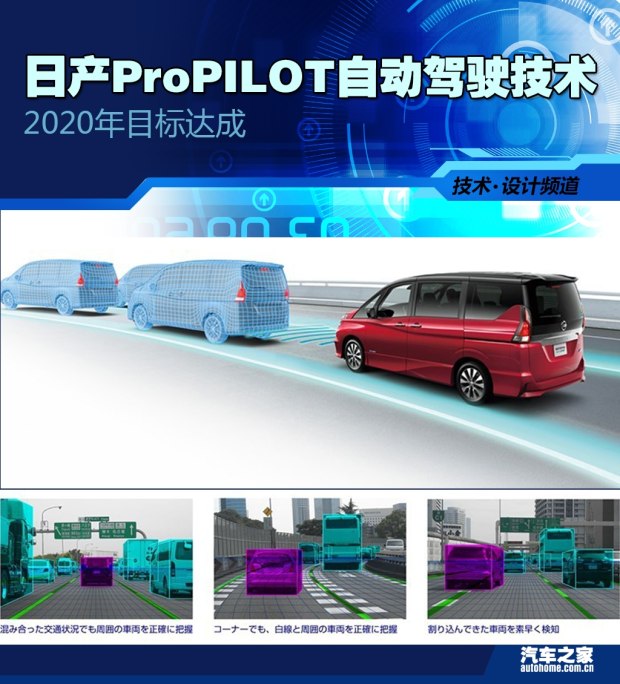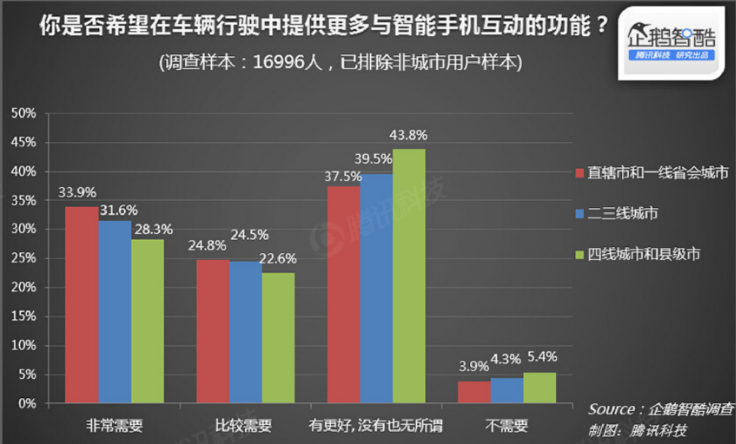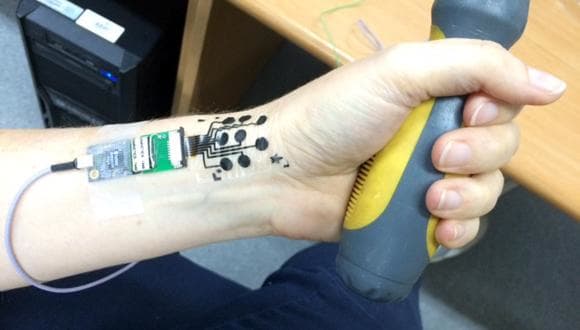
7-14: Foxconn India re-hires Nokia’s workers at the factory; Nokia and Samsung have agreed to expand the cross license agreement covering patents; OPPO plans to achieve 120-150 million handsets shipment in 2017; etc
Foxconn India re-hires Nokia’s workers at the factory; Nokia and Samsung have agreed to expand the cross license agreement covering patents; OPPO plans to achieve 120-150 million handsets shipment in 2017; LG Display will boost its investment in OLED production; Microsoft and IBM have formed a new partnership; Future Mobility, backed by Tencent and Hon Hai Precision Industries aims to launch an electric self-driving car before 2020; etc.
|
Touch Display |
| LG Display will boost its investment in OLED production, according to the CEO Han Sang Beom. While OLEDs still account for less than 10% of LGD’s revenues, the company is considering gradually closing older LCD manufacturing lines. (Apple Insider, Bloomberg, CNFOL, Sohu) |
| TrendForce indicates that in 2015 AMOLED panel penetration of the overall panel shipment is 2.5%. Considering AMOLED production capacity is first allocated for smartphone and VR headset, and the cost is not cheap, TrendForce expects that in the following 5 years the AMOLED penetration would be around 2-4%. (TechNews, TrendForce, press) |
|
Camera |
| According to Isaiah Research, a lot of CIS and lens module prices have dropped since 1Q16. Currently there are 2 mainstream CIS targeting high-end segment—(1) 16MP or above, or (2) 12MP ultra pixel or based on dual-LED CIS model. (Isaiah Research report) |
|
Sensory |
| The ‘electronic tattoo’ developed by Tel Aviv University can measure the activity of muscle and nerve cells. It may improve the therapeutic restoration of damaged nerves and tissue – and may even lead to new insights into our emotional life. (CN Beta, Daily Mail, BT) |
|
Battery |
| The World Bank announced USD1 billion in support of India’s ambitious solar generation plans, its largest financing of solar projects for any country in the world. (TechNews, The Hindu, PV-Tech) |
|
Connectivity |
| AT&T has announced that it is currently experimenting with drones in order to make its network better. The carrier is currently using them for cell tower inspections and to gather real-time information, and in the future it may use them as flying towers for additional coverage. (CN Beta, Android Authority, Android Central, AT&T) |
|
Smartphones |
| Industry analyst, Sin Changxu has disclosed insider information that OPPO plans to achieve 120-150 million handsets shipment in 2017. (Gizmo China, My Drivers) |
| Foxconn India has re-employed over 2,000 workers of its two closed plants near here for its assembling unit at Sri City SEZ in Andhra Pradesh. The company has also hired most of around 3,000 staff at Nokia’s facility at Sriperumbudur where production was suspended last year after a long drawn tax dispute. (Sohu, TechNews, Wosku, India Today, New Indian Express, Money Control) |
| Nokia and Samsung have agreed to expand the cross license agreement covering patents, extending said coverage over additional patent portfolios of both parties. (Android Central, NASDAQ, ZOL, iFeng) |
| Gaming has become a USD99 billion market, with mobile games accounting for USD36 billion of that in 2016, according to Newzoo. Facebook’s data from 12 countries shows that 47% of smartphone gamers are female, compared to 46% on tablet, 41% on PCs, and 33% on consoles. (Post, Android Headlines, Venture Beat, Facebook IQ report, TWWTN) |
| eBay Inc. has announced the acquisition of an Israeli startup called SalesPredict, which uses advanced analytics to predict consumer’s buying behavior. (TechNews, Vator, Silicon Angle, eBay) |
| SirionLabs, an India-headquartered company that uses tech to help companies manage their contracts and relationships with suppliers, has completed a USD12.25 million Series B round.(TechCrunch, 36KR) |
| It is not easy for tech companies to avoid labor abuse in their supply chains. Some companies do a better job than others. A new report from KnowTheChain, a nonprofit coalition, ranks 20 companies across seven themes, from their recruitment policies to their purchasing practices. At the top are companies like HP and Apple which get marks of 72 and 62 out of 100. (Fast Co Exist, KnowTheChain, CN Beta, WSJ) |
| Taiwan’s major tech companies, a gauge of global electronic market conditions, generated significantly less revenue in 1H16 than the year-ago period, with June 2016 registering the 8th consecutive monthly YoY sales drop. For 1H16, 14 out of 19 major tech companies on the Nikkei Asian Review’s Asia 300 list posted a YoY decline in revenue amid weak global demand for smartphones. (CN Beta, Nikkei) |
| MIIT announces 2016 Top 100 China Internet Corporations ranking. Alibaba, Tencent, and Baidu still lead the ranking, are the top 3. (Xinhuanet, 163, 199IT) |
| Fortune China releases Top 500 China Companies. For Internet companies, JD 31, Tencent 57, Alibaba, 62, Baidu 87, Netease 246, Qihoo 421. And, also Lenovo at 18, Gree 58, Suning 41, TCL 56 and ZTE 60. (Fortune China, CN Beta) |
| According to ACG, based on 2,004 US consumers, of which 1,000 had Apple Pay eligible devices and around 327 had Samung Pay eligible devices — reveals that the level of satisfaction among Samsung Pay users stands at 92% compared to 84% for Apple Pay, while 49% of those using Samsung Pay would recommend the service, compared to 53% for Apple Pay. (Android Community, NFC World, Android Headlines, ACG, Sohu, Yesky) |
| BBK imoo learning smartphone is announced – 5.5” FHD Super AMOLED display, 13MP + 5MP cameras, 3GB RAM, 32GB storage, Android 6.0 (Study OS), LTE, 2930mAh battery, CNY2998. (CN Beta, iFeng, 163) |
|
Tablets |
| Microsoft and IBM have formed a new partnership to develop new business applications for the Microsoft Surface tablets and Surface Book laptops aimed at IBM’s roster of large enterprise customers. (TechNews, Business Insider, Windows) |
| Taiwan-based notebook ODMs Quanta, Compal, Wistron and Inventec have announced their June 2016 shipments. (Digitimes, press) |
|
Wearables |
| Microsoft CEO Satya Nadella has spelled out the technologies the company believes will reshape enterprise—chatbots, machine learning, augmented reality and cloud-based automation. (CN Beta, Tech Republic, article) |
| At Porsche’s assembly plant in Leipzig, Germany, the company is in the process of adopting an internal augmented reality program that will enhance how it decides which of its vehicles pass the QA test before being sent to customers around the world. (Slash Gear, CN Beta) |
|
Internet of Things |
| Google Android Auto is available in over 30 countries by now, including recently added Japan. (The Verge, Google, CN Beta) |
| Future Mobility, backed by Tencent and Hon Hai Precision Industries aims to launch an electric self-driving car before 2020. (CN Beta, NDTV, WSJ) |
| Nissan has announced the launch of its autonomous driving technology, ProPILOT. The technology sees its debut on the new Nissan Serena that launches in Japan in August 2016, but it will be coming to Europe in 2017 on the Nissan Qashqai, bringing self-driving functionality to the masses. (Pocket-Lint, Bloomberg, PC Pop, CZTV, Auto Home) |
| According to Tencent data, in regards to the requirement of car interaction with smartphone, 33.9% respondents (out of 16996 respondents living in the cities) think it would be nice to have this feature, but it is OK without this feature. About 30% thinks it is an extreme requirement to have this feature. (Tencent report) |
| Schneider Electric launches Wiser Air Wi-Fi smart thermostat in Canada with Eco IQ, which is an advanced self-learning algorithm that maximizes user comfort and energy savings and eliminates set points. (Digital Trends, Yahoo) |
